The White House calls for $2 billion to track virus variants to help forestall another devastating surge of coronavirus cases in the United States. New York’s restaurants and attractions are reopening with flair.
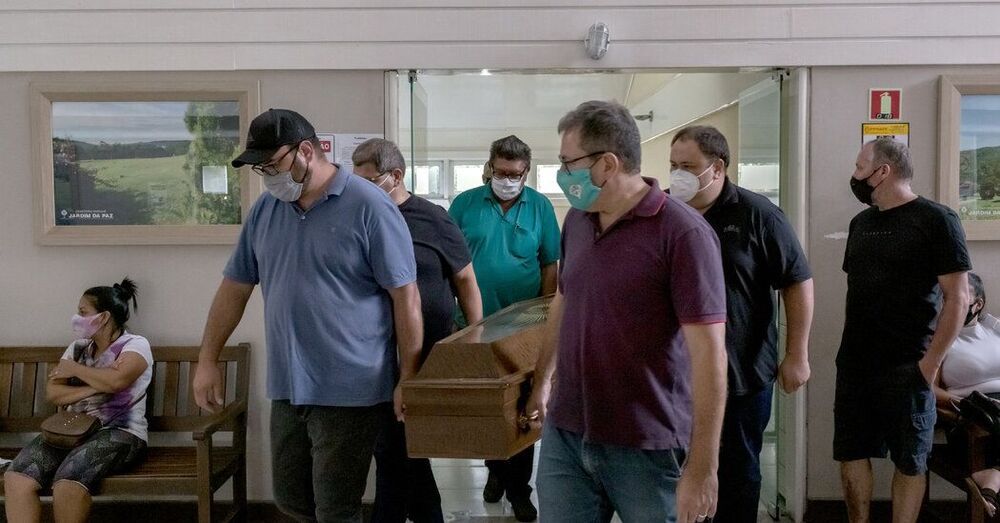


EPFL scientists have developed AI-powered nanosensors that let researchers track various kinds of biological molecules without disturbing them.
The tiny world of biomolecules is rich in fascinating interactions between a plethora of different agents such as intricate nanomachines (proteins), shape-shifting vessels (lipid complexes), chains of vital information (DNA) and energy fuel (carbohydrates). Yet the ways in which biomolecules meet and interact to define the symphony of life is exceedingly complex.
Scientists at the Bionanophotonic Systems Laboratory in EPFL’s School of Engineering have now developed a new biosensor that can be used to observe all major biomolecule classes of the nanoworld without disturbing them. Their innovative technique uses nanotechnology, metasurfaces, infrared light and artificial intelligence. The team’s research has just been published in Advanced Materials.
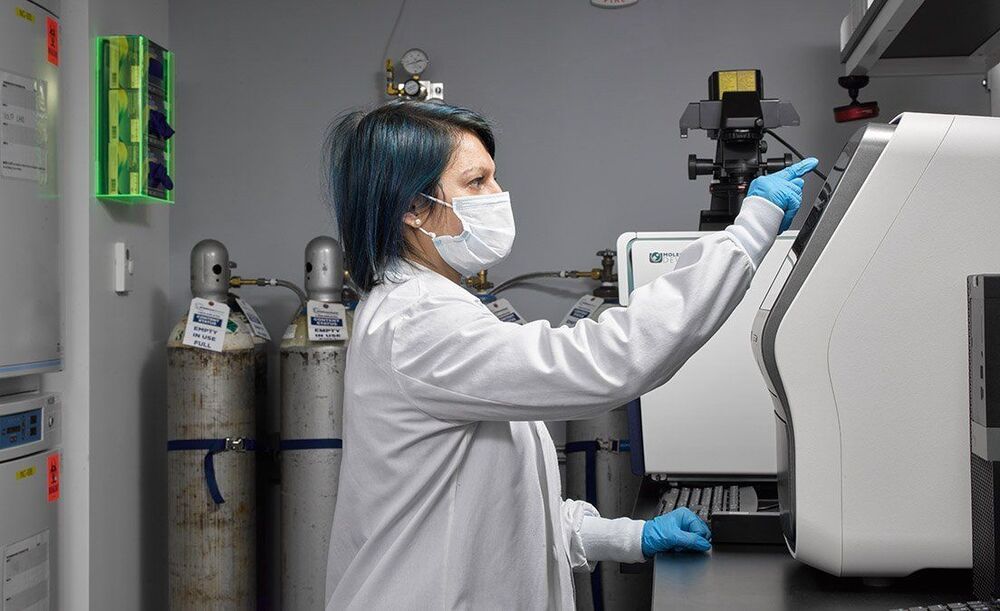
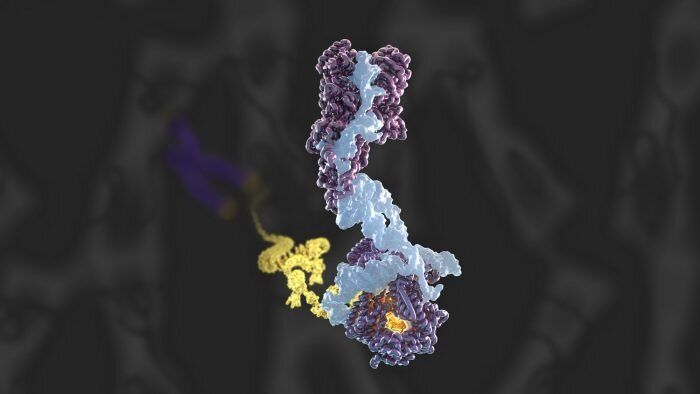
Telomeres are large nucleoproteins structures that cap the ends of chromosomes in eukaryotic cells. When a cell divides, a small portion of the telomere is lost due to the inherently incomplete process of genome replication. If left unchecked, over time the telomeres will reach a critically short length and the cell will face genomic instability, deterioration or death. To offset this shortening, an essential enzyme called telomerase rebuilds the telomeres by synthesizing new telomeric DNA repeats at chromosome ends. Kelly Nguyen’s group, in the LMB’s Structural Studies Division, has solved the first complete atomic model of this enzyme and discovered a histone dimer as novel telomerase subunits.
Telomeres act as a barrier to protect the genetic information from progressive degradation arising from incomplete DNA replication. Additionally, telomeres distinguish the natural chromosome ends from DNA double-strand breaks, thereby avoiding an illicit DNA damage response and preventing intrachromosomal fusion. This makes telomeres essential for the preservation of genome and chromosome stability. In previous research, Kelly had discovered the architecture and composition of human telomerase holoenzyme at 8 Å (Ångströms) resolution using cryo-EM. However, to understand the molecular mechanism governing telomerase mediated telomere maintenance, a high-resolution structure of the complex was required.
To conduct this study, Kelly’s group, in collaboration with Kathleen Collins at the University of California, Berkeley, and Rhiju Das at Stanford University, prepared telomerase by extracting it from cultured human cells, before imaging using cryo-EM—resulting in the collection of almost 44000 images. This data was analyzed using RELION—a complex computer program developed at the LMB—in order to achieve the 3.4−3.8 Å structure of telomerase. From this Kelly and members of her group, George Ghanim, Adam Fountain, and Marike van Roon, were able to build the first complete atomic model of telomerase, with 12 protein subunits and telomerase RNA. By completing the structure to such a high resolution, the group was not only able to illuminate how common RNA and protein motifs work together, but also to highlight new interactions.

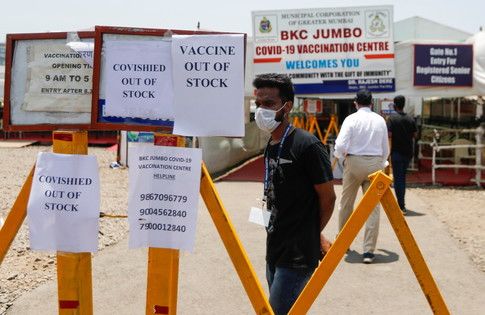
British prime minister Boris Johnson has cancelled his trip to India, with the country being added to the UK’s “red list” of restricted destinations. COVID-19 cases in India are rising sharply and a specific variant of the virus – B1617 – is becoming increasingly common there.
The views expressed in this article are those of the author alone and not the World Economic Forum.
A company recently developed a novel system capable of printing biological tissue in a blindingly fast 30 seconds — creating a possible means of bringing an end to diabetes, according to a blog post shared on the Ecole Polytechnique Federale de Lausanne’s (EPFL’s) official website.
A bioprinted pancreas might remove the need for animal testing! Check out how diabetes might end.

No fossils necessary.
Scientists have achieved a breakthrough they’re comparing to the moon landing: sequencing a full ancient genome from soil samples.
How’s that on par with humans touching down on the lunar surface? Well, the research team from the University of Copenhagen found the entire genetic code of an ancient bear species without obtaining it from fossils, marking the very first time scientists have found genes outside the fossil record. And by gathering the DNA from the soil, these researchers gathered a bunch of examples, rather than just one single specimen’s genome.
The scientists found the ancient bear genetic material in the soil of Chiquihuite Cave in rural Mexico. Like the ancient Chauvet Cave in France, Chiquihuite contains some of the oldest human evidence in the world—but humans weren’t the only ones to use the caves.
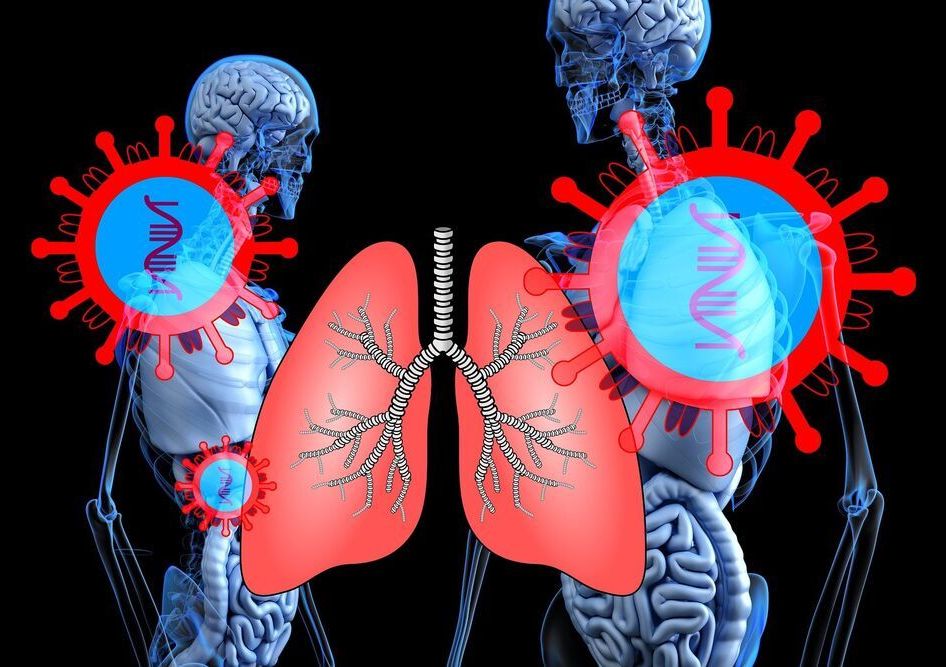
A CRISPR-based treatment to stop the replication of both the flu virus and the virus that causes COVID-19 in mice. Moreover, the new treatment is delivered to the lungs via a nebulizer, which could make it simple for patients to administer themselves at home.
The treatment uses a type of CRISPR to target viral RNA and appears to stop replication of both viruses in the lungs.
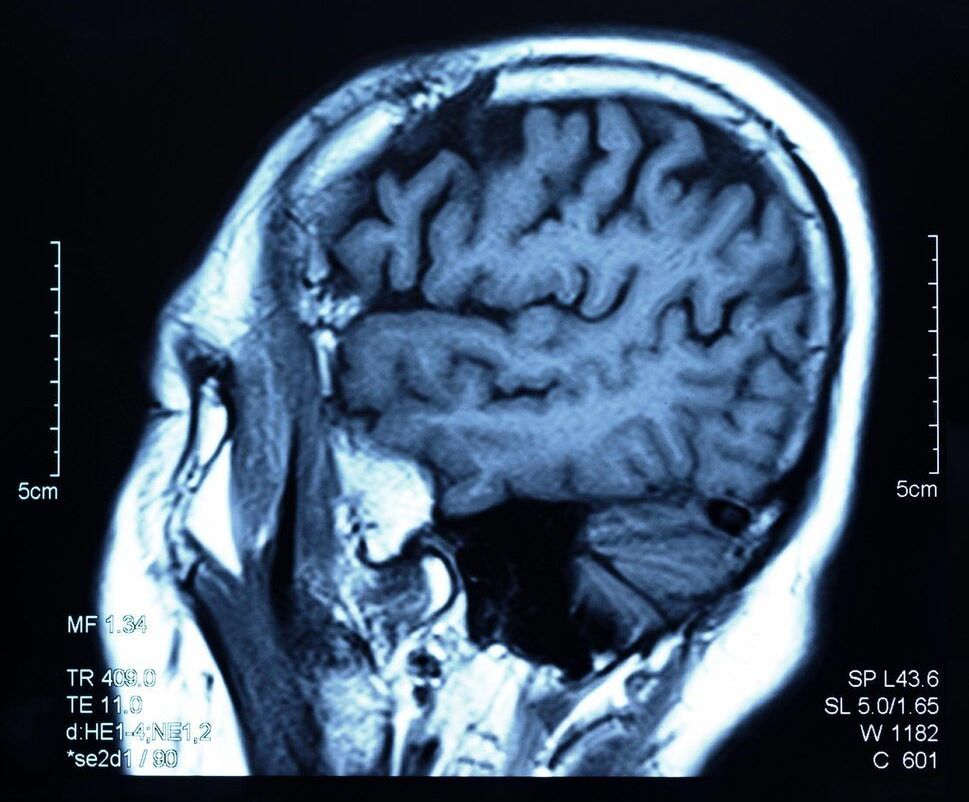
One in 17 people will suffer from a rare disease at some time in their lives. Most of these rare diseases have a genetic cause and often affect children, but proving which gene change causes a disease is a huge challenge.
Scientists have discovered a new genetic disease, which causes some children’s brains to develop abnormally, resulting in delayed intellectual development and often early onset cataracts.
The majority of patients with the condition, which is so new it doesn’t have a name yet, were also microcephalic, a birth defect where a baby’s head is smaller than expected when compared to babies of the same sex and age.
Researchers from the universities of Portsmouth and Southampton found that changes in a gene called coat protein complex 1 (COPB1) caused this rare genetic disease.